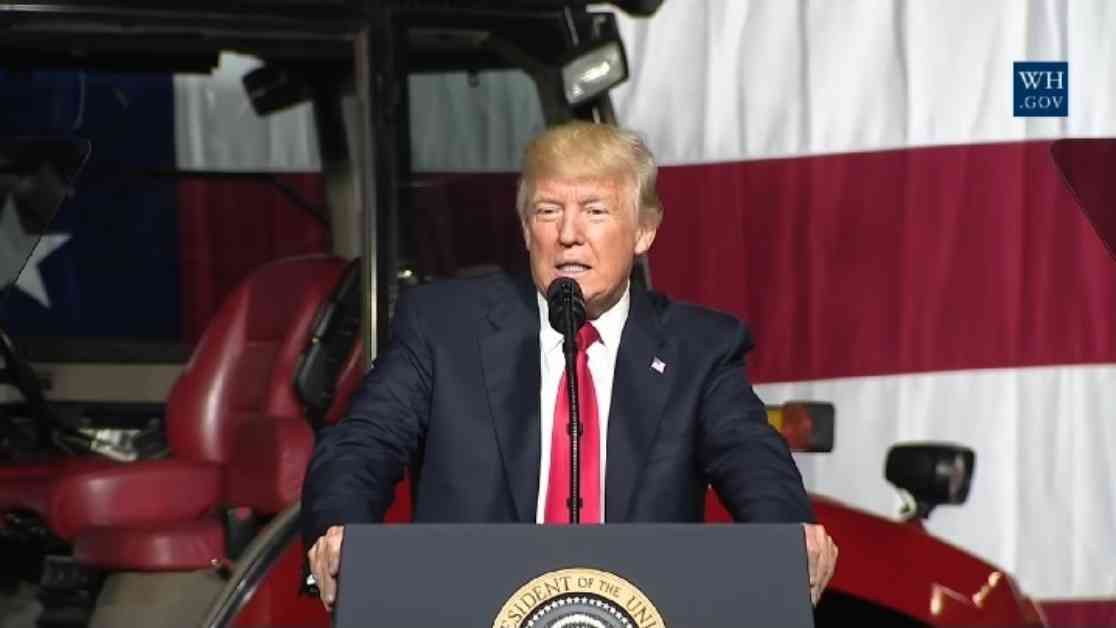After the recent presidential election, many corporate leaders and tech giants have come forward to express their support for President Donald J. Trump. These prominent figures believe that Trump’s economic vision will lead to growth and innovation in the corporate world.
Satya Nadella, the Chairman and CEO of Microsoft, congratulated President-elect Trump on LinkedIn, emphasizing the importance of driving innovation for growth and opportunity in the United States and beyond. This sentiment was echoed by Jeff Bezos, the executive chairman of Amazon, who praised Trump’s victory and the potential for significant opportunities under his leadership.
Throughout Trump’s campaign, influential names in the tech and finance sectors, such as Elon Musk and Peter Thiel, invested heavily in supporting the former president. Even after the election, Musk continued to endorse Trump, emphasizing the positive impact he believed Trump’s policies would have on the economy.
Despite the support from some tech leaders, there have been long-standing accusations of bias against conservatives by big tech companies favoring Democrats. Indian American entrepreneur Danny Gaekwad highlighted this issue, suggesting that the sudden support for Trump from tech leaders should be viewed in light of this bias.
The tension between conservatives and big tech remains, as some business leaders now align themselves with Trump’s policies. Mark Cuban, a Shark Tank star who initially supported Harris, acknowledged Trump’s victory on social media, signaling a shift in his stance.
The support for Trump within the business community reflects a broader optimism that his administration will prioritize economic growth and create a favorable environment for American businesses. Many anticipate a business-friendly White House focused on enhancing U.S. economic competitiveness.
In the midst of these developments, it is essential to consider the implications of this alignment between corporate leaders, tech giants, and the Trump administration. The role of big tech in shaping political discourse and influencing public opinion has been a subject of debate, with concerns about bias and censorship.
As we navigate this changing landscape, understanding the dynamics between politics, business, and technology becomes crucial for shaping the future of our society. The influence of corporate leaders and tech giants on political decisions underscores the need for transparency, accountability, and ethical practices in all sectors of society.
Rumaisa Khusru, a recent MSc graduate with a background in Applied Linguistics and Neurolinguistics, provides valuable insights into the intersection of language, technology, and politics. Her experience as a reporter, editor, and researcher offers a unique perspective on the evolving relationship between business, technology, and governance.
In conclusion, the alignment of corporate leaders and tech giants with the Trump administration signals a significant shift in the political and economic landscape. By examining these developments through a critical lens, we can better understand the implications for society, governance, and the future of business in a rapidly changing world.














